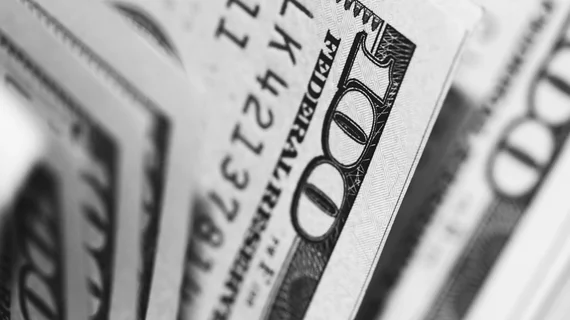More states considering legislation to help low-income patients pay high medical debt
Relief may be on the way for low-income patients saddled with high medical debt.
The Wall Street Journal reported on Monday that 10 states passed laws last year requiring hospitals to curtail aggressive debt collection tactics, and offer financial aid to patients with low incomes. Now, other states, including Washington and Vermont, are consider similar legislation.
The move by the states comes in the wake of reports that some hospitals have been disproportionately suing low-income and minority patients to collect on medical debts, according to the WSJ.
Dale Folwell, North Carolina’s treasurer released a report that was critical of hospitals that billed poor patients and did not meet charity care requirements. “They are not doing enough for the lower- and fixed-income people of our communities,” Folwell told the Wall Street Journal.
According to the United States Census Bureau, 19% of U.S. households could not afford to pay for medical care when they received it.
Some consumer advocates and state legislators claim that federal hospital-billing protections have serious gaps.
The Wall Street Journal reported that nonprofit hospitals can develop their own standards for which patients are eligible for financial assistance. Furthermore, those requirements don’t apply to for-profit and government-run hospitals, according to the Journal.
“There’s a lot of room for improvement in the federal regulations,” Mark Rukavina, a program director at Community Catalyst, a nonprofit focused on patient advocacy, told the Wall Street Journal.
Read the full story below.
